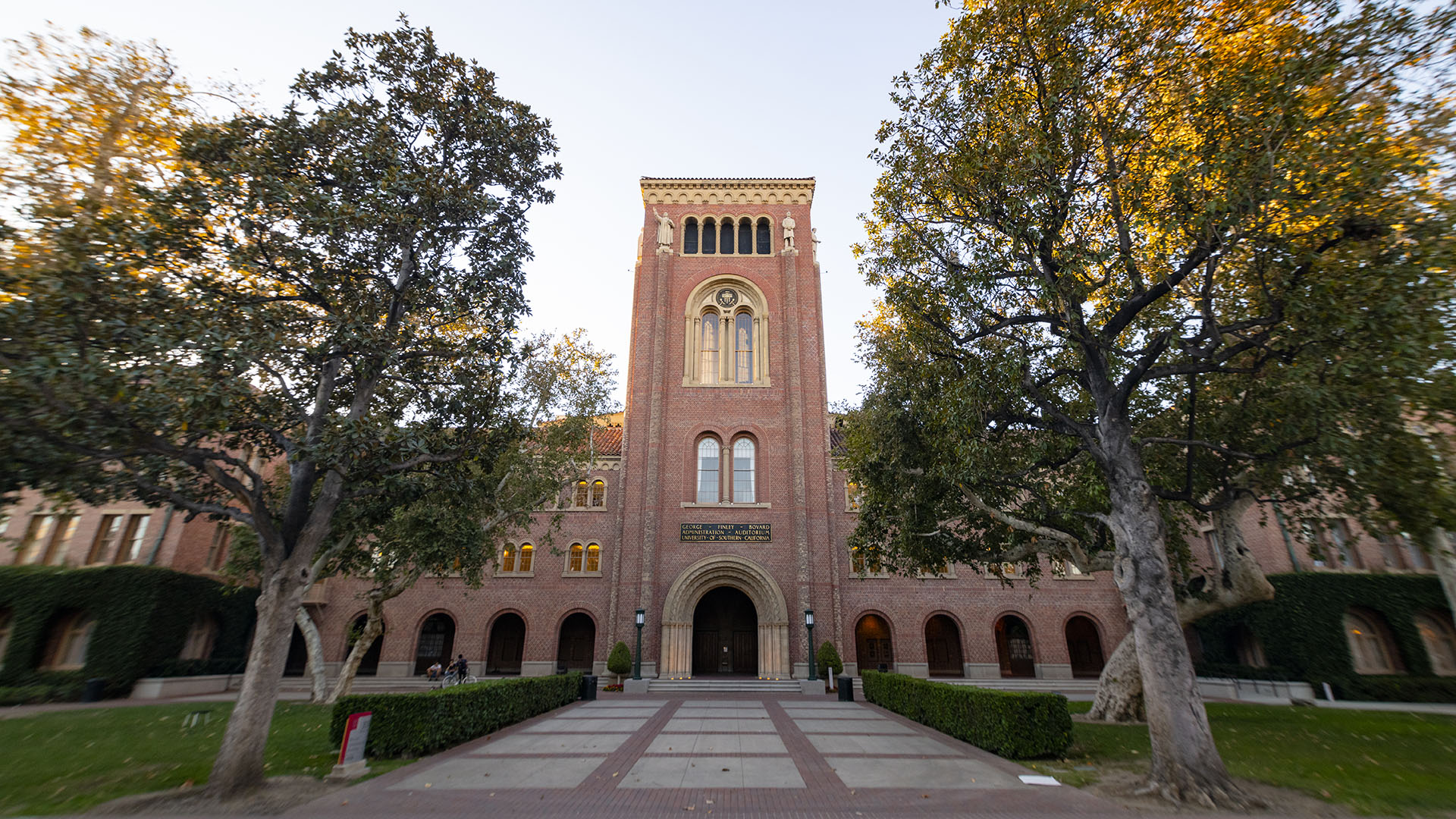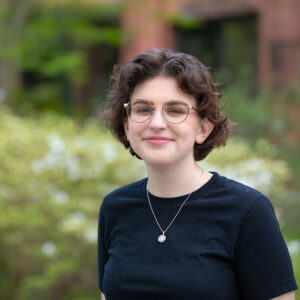On April 17th, the brand-new student organization Nice Jewish Queers at the University of Southern California was getting ready to host one of their biggest events of the year: the Passover drag show, which intended to celebrate the queer Jewish community on campus.
Within a day, however, student leader Ariella Amit was sending in her resignation letter to Hillel, which had removed its name from the event. Amit, a sophomore who is pursuing a degree in urban studies, was one of the founders of Nice Jewish Queers. She had also, until last week, held two staff positions with USC Hillel: Campus Engagement Intern (the position through which she founded NJQ) and Ruderman Inclusion Ambassador.
However, when Hillel disassociated its name from NJQ’s drag show event, Amit felt that she could no longer work for them. In her resignation letter, a version of which was published in New Voices, Amit explained the reasons behind her leaving: “After hosting a drag show with Jewish Voice for Peace, I was told that Hillel would withdraw its support for the event and a staff member removed the Hillel affiliation from the description of Nice Jewish Queers. I am unable to accept Hillel’s conditional support for its queer student group. I firmly believe that Hillel International’s Standards of Partnership present a litmus test for belonging in the Jewish community that is reductionist and exclusionary.”
According to a statement published on the USC Hillel Facebook page, “Nice Jewish Queers remains an affiliate organization of USC Hillel. USC Hillel disassociated from an event organized by Nice Jewish Queers because Jewish Voice for Peace was added as a co-sponsor without coordination…and because the mission and values of Jewish Voice for Peace is [sic] contrary to those of USC Hillel.” However, Amit feels that if Nice Jewish Queers continues to affiliate with Hillel, they will alienate many LGBTQ students and fail to exist as a truly inclusive queer and Jewish space.
“I know a lot of Jewish students who did not feel comfortable at Hillel, and felt more comfortable in leftist Jewish spaces such as Jewish Voice for Peace,” Amit said in an interview with New Voices.
Benjamin Barov, one of the founders of the JVP-USC chapter, had been excited about the event, as it was the first major event hosted by his chapter, which comprises “about seven” undergrads. Barov noted that the disaffiliation occurred despite the fact that the NJQ drag show had nothing to do with Israel-Palestine politics. “The word ‘Israel’ is not mentioned, BDS is not mentioned…the fact that Hillel still removed its affiliation with Nice Jewish Queers over the event which had nothing to do with Israel is reflective of the fact that they’re willing to put donors and the donors’ interests over their students, particularly their queer students.”
Barov also noted that the University has a lot at stake when it comes to adhering to more conservative opinions: the wife of Sheldon Adelson, the noted Birthright funder and major Trump donor, sits on USC’s board of trustees.
In her interview with New Voices, Amit noted that this event echoes the issues that came up at Ohio State University two years ago, when OSU’s Hillel disaffiliated its LGBTQ Jewish group. At the time, Hillel International received broad pushback after expelling B’nai Keshet, Ohio State University’s LGBTQ Jewish group, due to its willingness to–in a very similar set of events–co-sponsor a Purim drag show with the University’s Jewish Voice for Peace chapter. Nearly 400 students and faculty, and over 100 rabbis, wrote letters calling on OSU Hillel and Hillel International to reinstate B’nai Keshet without preconditions, drop the Standards of Partnership, and cut ties with Mosaic United.
Both Amit and Barov asserted that, like at OSU, LGBT Jews at USC may feel alienated from the mainstream Jewish community due to its refusal to discuss oppression within Israel.
Amit suggested that, as LGBTQ Jews experience both anti-Semitism and oppression based on their sexuality and/or gender, they might be more willing to grapple with inequity in Israel-Palestine than their heterosexual counterparts.
“I think that a space that does not even allow for the acknowledgement of something as simple as critiquing the occupation, or a group that supports self-determination for displaced people, is a space that inherently doesn’t allow for the discussion of oppression in different forms. It’s very hand-picked what justice topics can be discussed.”
Barov agreed. “I don’t want to speak for all queer people, but I think that queer people have more understanding of how oppressive the status quo is for many people…,” he said. “So that willingness to challenge the status quo in a direction of more openness and love is something that many queer people extend to Palestine, and to victims of colonialism and neocolonialism around the world.”
NJQ will re-affiliate with Hillel, but Amit is now turning towards creating queer Jewish spaces on campus where all political identities are welcome. If NJQ is Hillel-affiliated, and the Standards of Partnership don’t change, she argues, “it is not an inclusive space for queer Jews. Other, more inclusive spaces should exist, and I will try to make [them] exist on this campus.”
Sophie Hurwitz is a student at Wellesley College majoring in history and working as news editor at the Wellesley News in her spare time. She was born and raised in St. Louis, Missouri. Sophie is a 2019 New Voices Fellow at the Jewish Women’s Archive.
Featured image credit: John McGillen.

